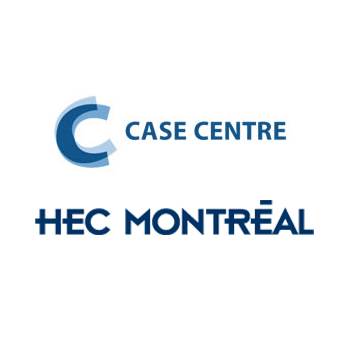Description
Entrepreneurship and IT Complementarity: The Case of People’s Remittance and Exchange Services: Abstract
The scenario depicted in the case is that of an entrepreneur, Mr. Rao, who saw a potential opportunity for a money exchange-cum-micro-remittance service targeted at domestic workers in Hong Kong and tourists visiting Hong Kong en route to mainland China. He intended to use the telecommunication network of Western Union, a well-established remittance service provider with agents in several parts of the world. Mr. Rao hoped to set up a network of branches providing remittance and exchange services in Hong Kong using Western Union’s network, and then to expand to other countries, including China and Macau. The venture would be called People’s Remittance and Exchange Services (PRES). Mr. Rao approached People’s Group, a venture capitalist firm in Dubai, to finance the venture and presented his business case to them. Mr. Rao argued that with the technology support and expertise of the IT arm of People’s Group, which operates out of Bangalore, India, he would be able to create innovative IT-enabled business processes and thus differentiate his firm’s services from those offered by other Western Union agents. People’s Group’s directors debated the merits of Mr. Rao’s project.
Teaching objectives
The case aims to demonstrate:
- That although IT is a powerful tool for driving business strategy, it only generates value when there is a strategic fit and functional integration with the business strategy (alignment of business and IT). Continuous business and IT alignment is crucial in all IT-enabled ventures
- The importance of relational competence in entrepreneurial success – understanding that resources not directly owned may be accessed and leveraged through collaborations and inter-organizational IT linkages
- The importance of identifying and managing environmental risk factors in entrepreneurial ventures
- That entrepreneurs identify opportunities and use resources innovatively to exploit opportunities; with their innate desire to create and innovate, they change the rules of the game
Main themes covered
The case has been developed to expose students to the importance of alignment of the four components of business strategy, IT strategy, IT infrastructure and business infrastructure, and the roles of entrepreneurial ability and dynamic capability in the success of an IT-enabled entrepreneurial venture.
Concepts and theories related to the case
- Business and IT alignment
- Resource-based view of the firm and dynamic capabilities
- Entreprenership
Additional information
Teaching notes are available for teachers only. Contact the HEC Montréal Case Centre for more information.







Avis
Il n’y a pas encore d’avis.